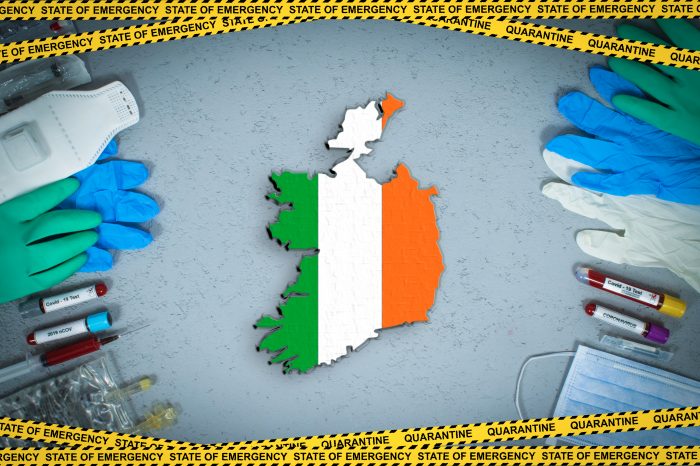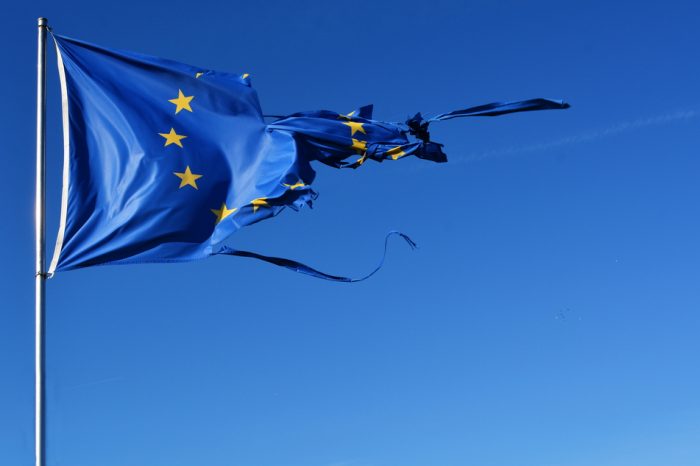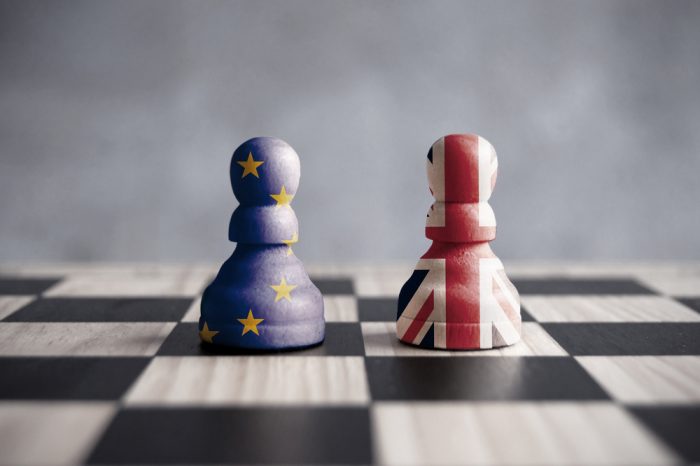Only one outcome will clear the air
David Cameron wants us to stay in. The Foreign Office is even keener that we stay in. In spite of polling which suggests that supporters of remaining in the EU are in a majority, there are some fearful people in positions of power who are very, very worried about a vote to leave the EU.
Whatever the real reason behind David Cameron’s announcement of a referendum on our membership of the EU in his Bloomberg speech, for better or worse, he is now committed to holding it before the end of 2017. If we in the “Out” campaign can get our act together – and that’s unfortunately still a pretty big “if” at the moment – we have the better arguments and, unlike the Scottish referendum, where the weaknesses of Alex Salmond’s economics were not exposed until the very end of the campaign, the economic debate is already under way. We haven’t won it yet, but put forward a sensible, seamless exit strategy and victory on this front should be ours well before the electorate goes to the polls.
Unsurprisingly, the supporters of “in” are keen to tilt the balance as much as possible in their favour. Hence the “purdah” vote was taken so early in the life of the new parliament, while the new intake of Tory MPs were in awe of the whips and hadn’t had the chance to develop the 2010 intake’s habit of rebelling. Referendum law is much less well-defined than the legislation surrounding Westminster or local elections as we have had so few referendums, but Section 125 of the Political Parties and Referendum Act 2000 (PPRA 2000), setting out the rules which apply to the 28 days in the run-up to the referendum, is very sensible. During this period, the government and Civil Service have to avoid taking any actions, making statements or spending taxpayers’ money which could influence the outcome of a referendum. Why should anyone be unhappy about this? After all, shouldn’t we be distancing ourselves as far as possible from the likes of North Korea and Zimbabwe where any vote must only have one outcome – or else? The Government doesn’t think so, arguing that if these rules were applied, it could not conduct business in Brussels. This is a pretty disingenuous argument. After all, our government conducts its business in Brussels at the moment without any fanfare. Most people are blissfully unaware of just how much time and money goes into our dealings with the EU. It’s not too much to expect that it could be done quietly and discreetly during the 28 day period before the referendum, with no propaganda being involved.
Thankfully, a few warning shots have recently been fired across the Government’s bows. The cross-party Public Administration Committee has challenged ministers’ arguments that a relaxation in these “purdah” rules was needed to allow them to continue the work of government. The Committee’s Chairman, Bernard Jenkin MP, wrote to David Lidington, the Europe Minister, saying that there was no case for modifying Section 125 and that “the government’s proposal has cast a cloud of doubt over the propriety of the process, even at this early stage. We regard this as completely unacceptable.” This warning has clearly hit home. Sir Jeremy Heywood, head of the Home Civil Service, has claimed that any suggestions that the Government had not allowed a fair debate could result in legal challenges “by people with deep pockets.” Whether these warnings will result in a change to the Government’s tactics remains to be seen, but a very valid point has been made. It is Cameron’s dream to settle the EU question once and for all and he is not attempting to hide the way he wants it to be settled. A vote for “in” which was seen to have been obtained unfairly would not settle the issue at all, however, especially if the margin was very narrow. The threat of legal challenges would mean that the Government just couldn’t ride out the ensuing storm in the hope that it would die down and withdrawalists would roll over and admit defeat. In other words, a skewed result would solve nothing.
There therefore remains only one way of putting this issue to bed – to strain every sinew to gain that critical “out” vote. Considering the disadvantages we face, no one could remotely complain that a vote to leave would have been achieved by fraud, deceit or manipulation. It would be the best and the only way by which the air could finally be cleared in this long-standing issue so critical to the very survival of our nation.







